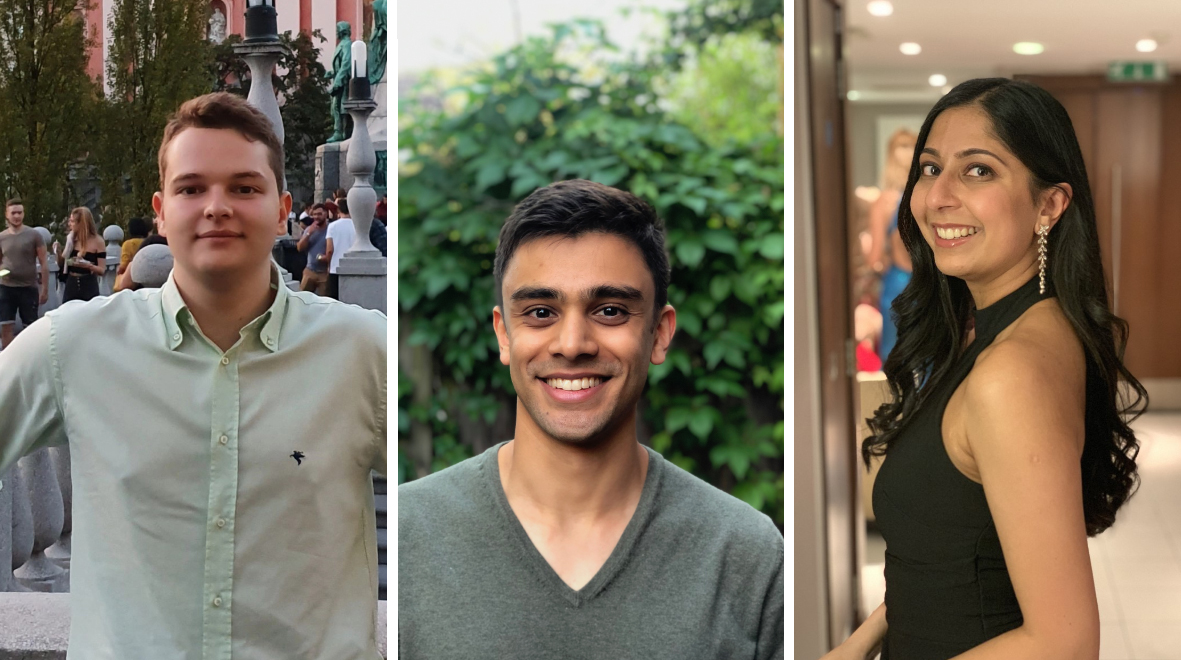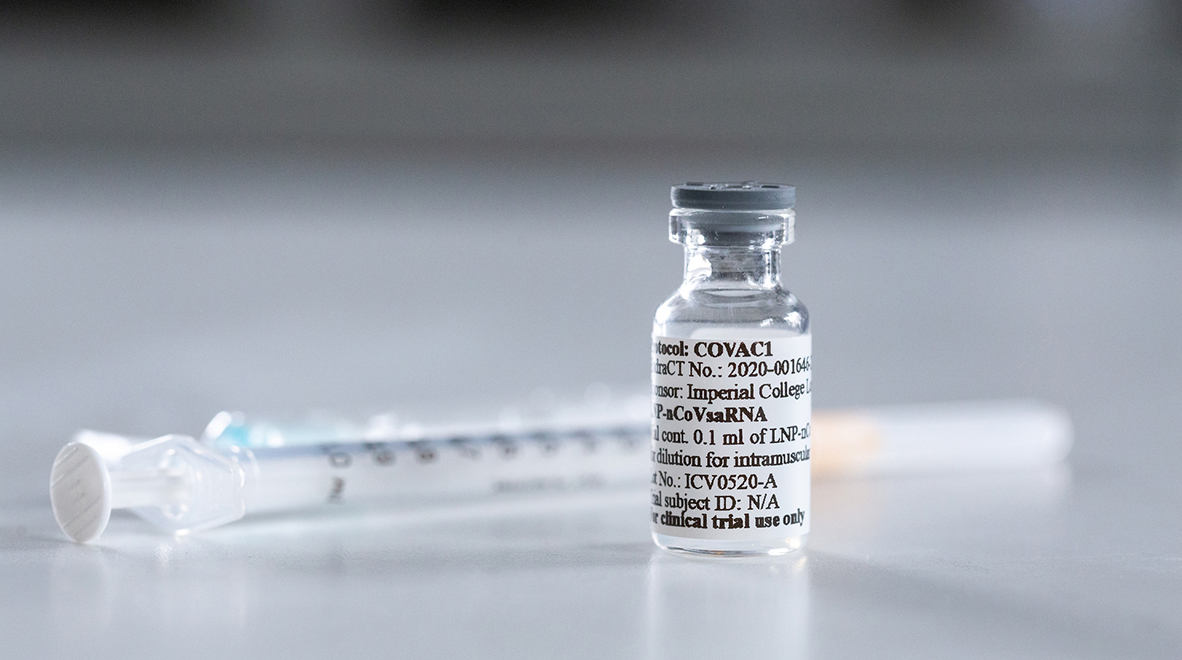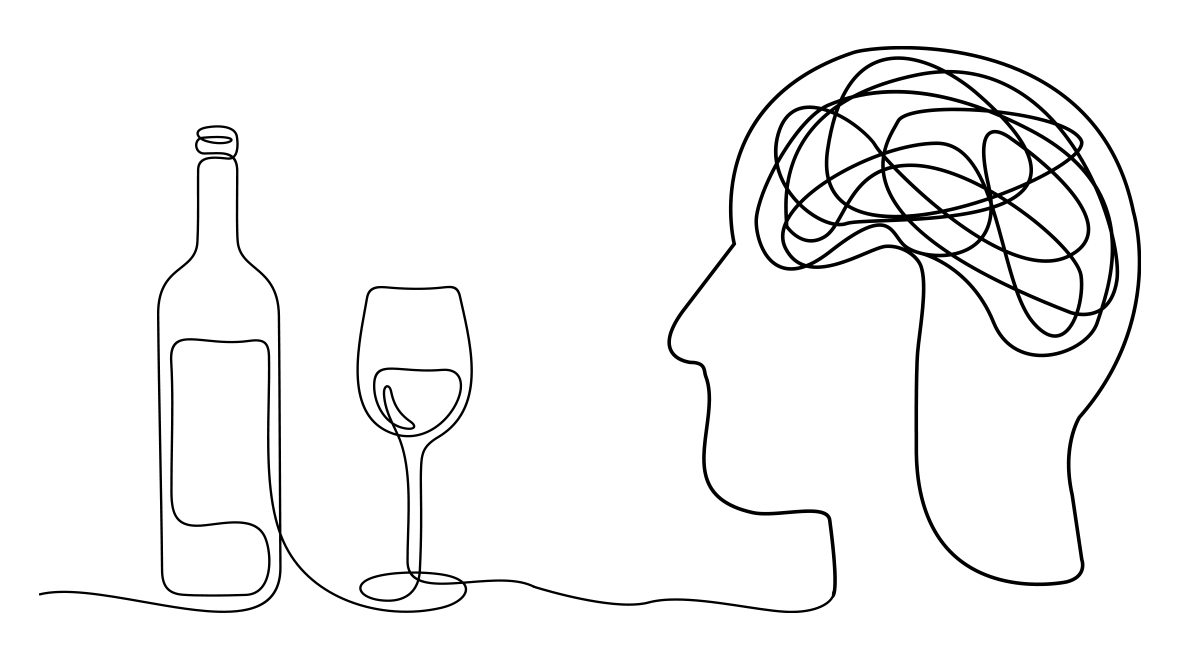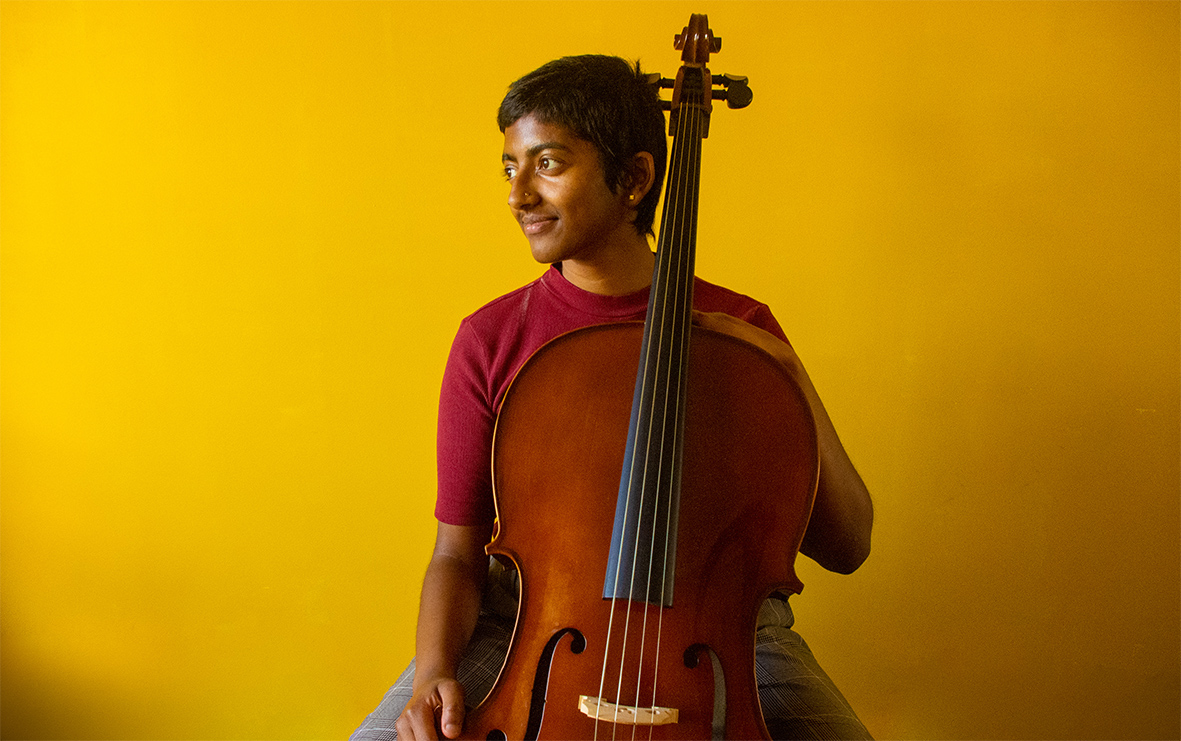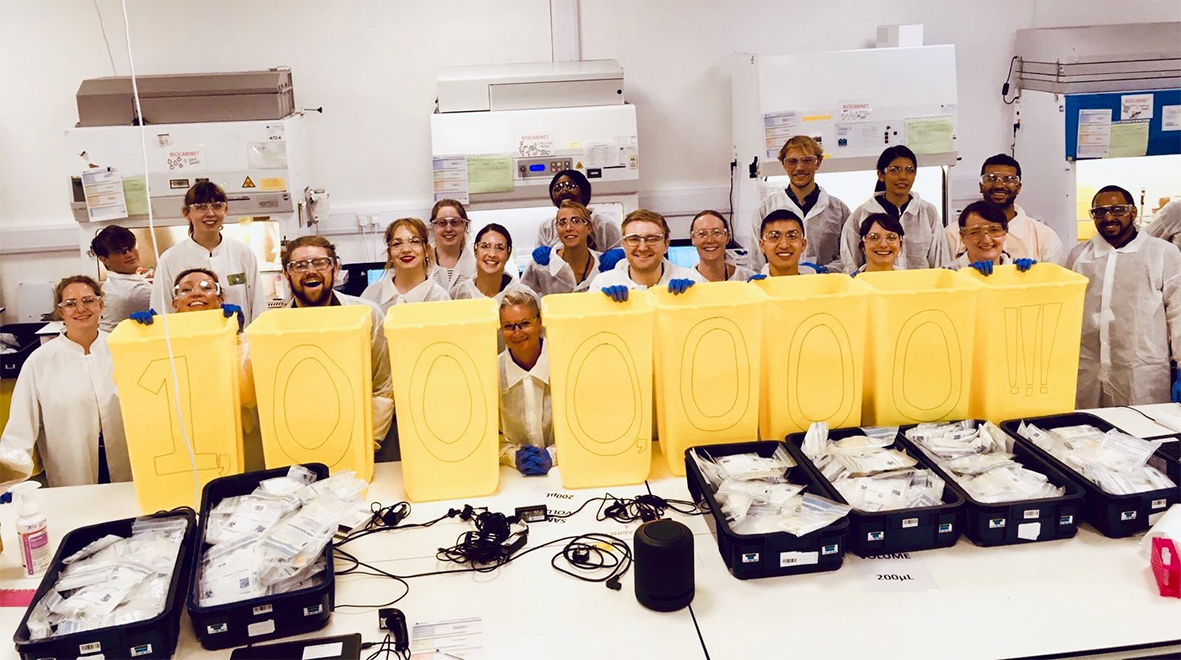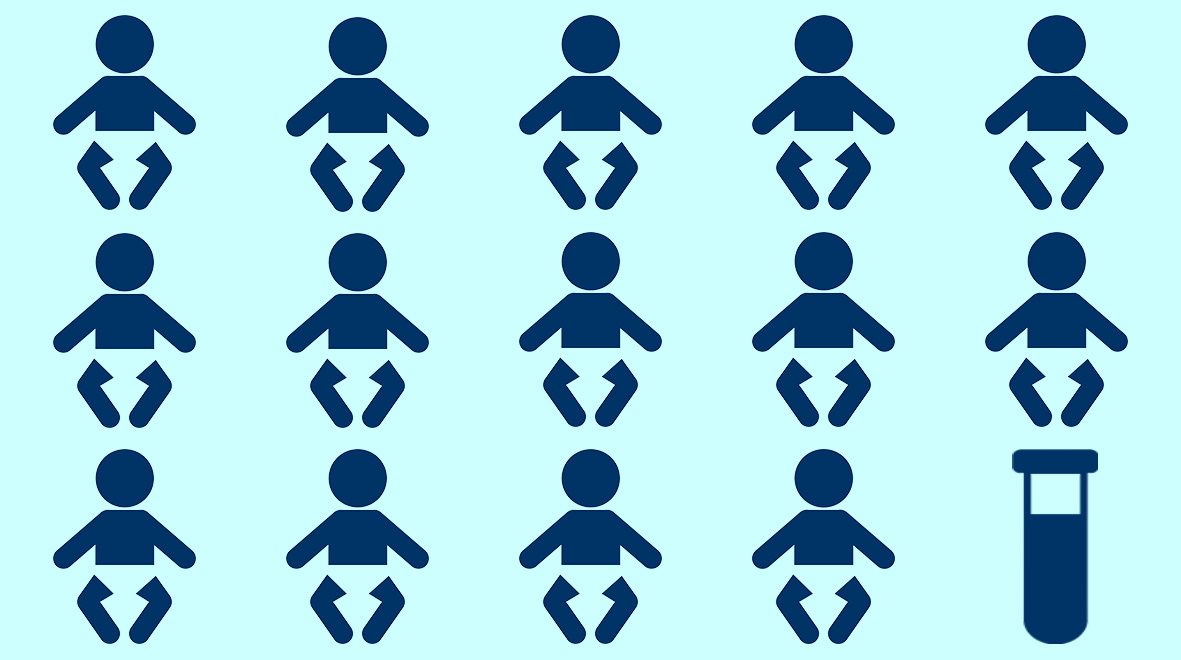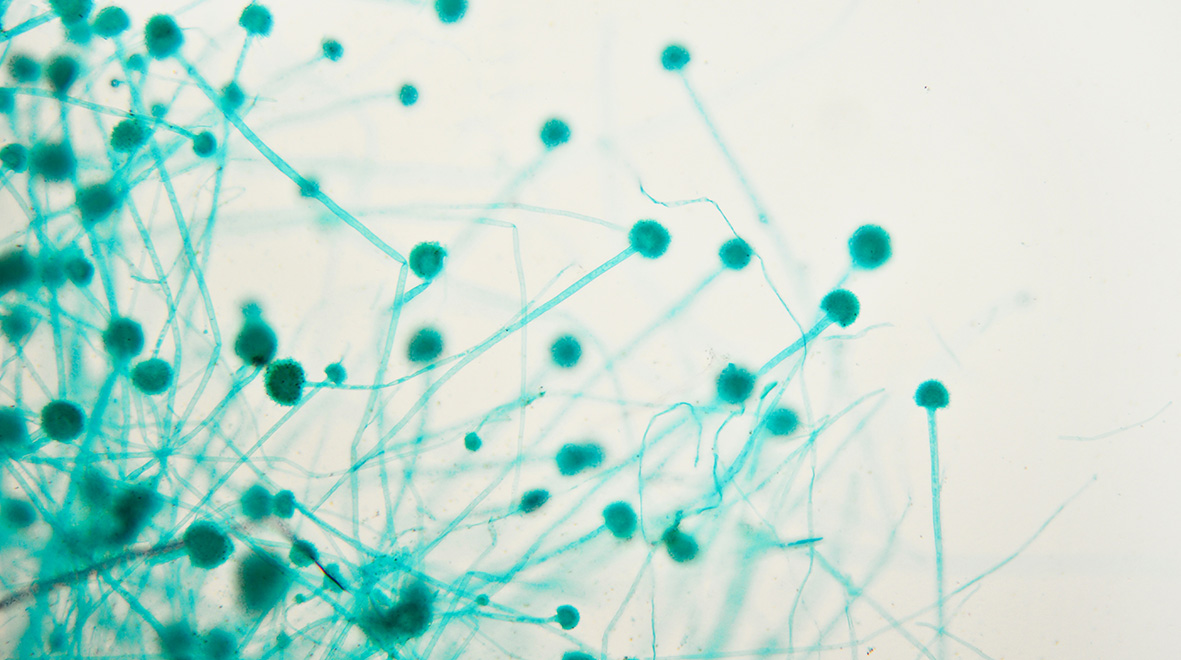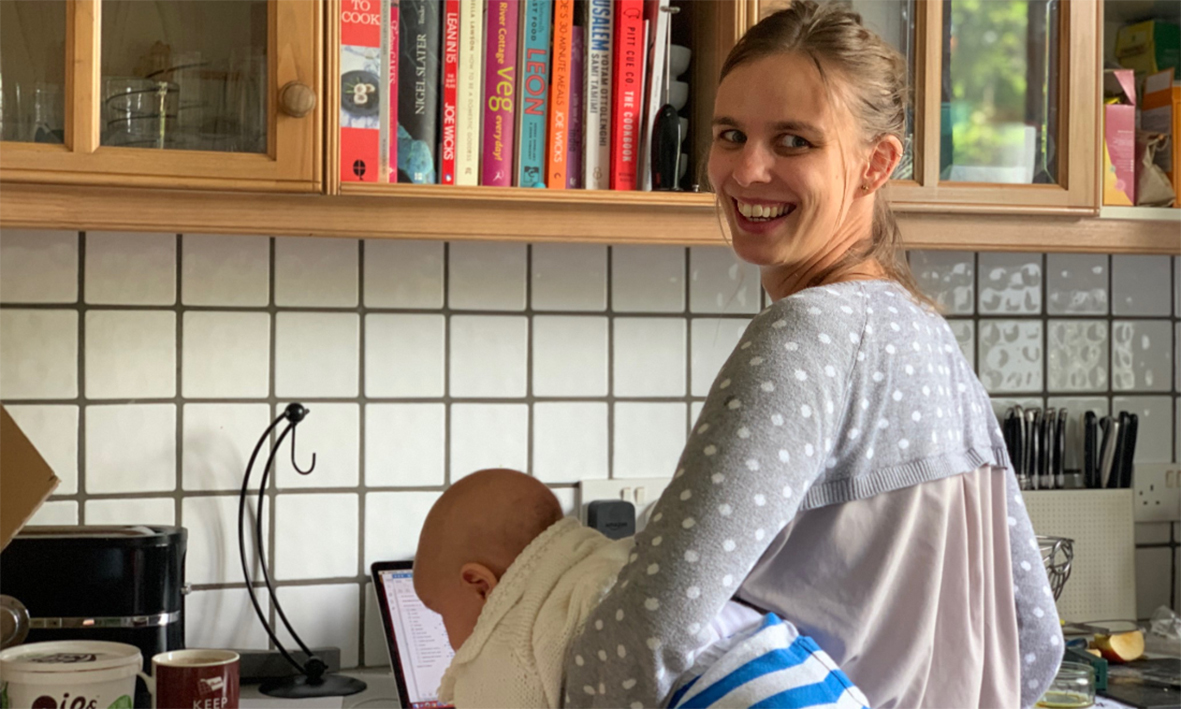
Originally published in The Biochemist, Karim Boustani and Kirk Taylor discuss their experiences of being LGBTQ+ in bioscience, the various types of discrimination that LGBTQ+ scientists may face in academia and some of the existing initiatives and campaigns in place to combat this.
Before we get into the nitty-gritty of this article, we want to make clear that this piece is written from the perspective of two cis gay men and anyone reading this should realize that our experiences are not universal. Everyone within the community has a different journey and we cannot speak about anyone else’s experience.
We would also like to define a few terms that will be used throughout the article to help you understand the points that we make, although we would like to stress that, in this area, definitions are contested (Table 1). We use the term LGBTQ+ to refer to anyone who identifies as lesbian, gay, bisexual, trans or intersex, or anyone who is sexually and/or gender diverse. Sexual orientation refers to whom people are attracted to and form romantic or sexual relationships with. This can be to people of the opposite sex or gender (heterosexual), same sex or gender (homosexual), both sexes or genders (bisexual), more than one sex or gender (pansexual) or lack of sexual attraction to any sex or gender (asexual). Gender identity refers to how we subjectively perceive our gender, which may or may not correspond with the sex we are assigned with at birth. Society has created a gender binary, which includes expectations of masculinity and femininity, which is applied to sex, gender identity and gender expression (i.e. the way you express your gender through clothes, hair or makeup). It is important to note that some people do not identify with this binary (e.g. non-binary individuals) and some people do not identify with some or all aspects of the gender assigned to them. As scientists, we must also recognize that our choice of indicators for biological sex categorizations are unstable (on this topic, we would encourage all to read Professor Anne Fausto-Sterling’s “Science Won’t Settle Trans Rights”). Transgender (or trans) refers to individuals whose gender identity and/or gender expression differs from the expectations of the gender they were assigned at birth. Being trans is not associated with a person’s sexual orientation. Those who do not identify as trans are described as cisgender. LGBTQ+ discrimination may be based on sexual orientation, gender identity, gender expression or sex characteristics. (more…)
Read Navigating LGBTQ+ discrimination in academia: where do we go from here? in full
